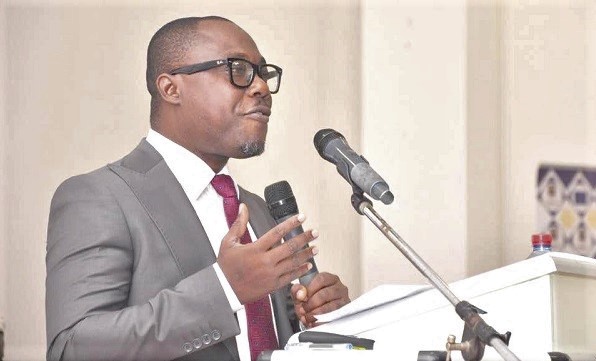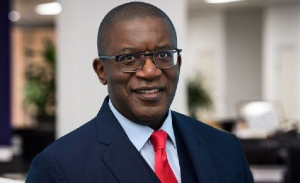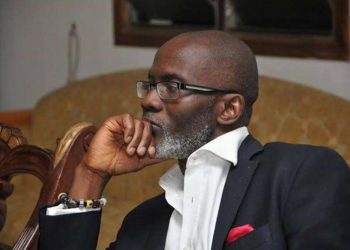Professor Ransford Gyampo of the University of Ghana is warning of a total shutdown of the public sector if the government fails to exempt workers’ pension funds from the debt restructuring programme.
At least seven labour unions – Teachers and Education Workers’ Union (TEWU), Ghana National Association of Teachers (GNAT), Ghana Registered Nurses and Midwives Association (GRNMA), National Association of Graduate Teachers (NAGRAT), Ghana Medical Association (GMA), Ghana Chamber of Commerce and the Trades Union Congress (TUC) – have raised red flags over the programme.
Gyampo said labour unions should not suffer over the government’s incompetence and reckless borrowing.
“We represented UTAG at the TUC-convened Joint Labor Union Meeting this afternoon. The government can go ahead with its debt restructuring programme but it must not touch the pension of the poor Ghanaian worker. We aren’t the ones whose incompetence and reckless borrowings resulted in this mess,” Gyampo wrote on Facebook.
“The soft tone language and quotation of scripture as a veneer to punish poor workers for the offence of the government, won’t solve the hype in hypertension of our members.
“Let the government brace itself for a total shutdown of the public sector from 27th of December 2022, if it wants to remain intransigent,” Gyampo added.
Act swiftly
Meanwhile, a labour expert Y B Amponsah has called on the government to act swiftly to address the concerns of labour unions following their reservation about the debt exchange programme.
Finance Minister Ken Ofori-Atta on Monday (5 December) launched the debt exchange programme in line with the government’s quest to restructure debt and put the economy back on track.
Amponsah said the government’s timely intervention will help avert a total shut down of the public service by the unions.
Appearing on The Asaase Breakfast Show on Tuesday (20 December), Amponsah said the government has been too slow in addressing the issue.
“Is it too difficult for the government to call organised labour for a discussion? You have to engage them because that’s how you handle industrial relations.
“If this matter was handled early, I’m sure there would’ve been some consensus by now,” he said. “This is a negotiable matter. The government is saying A, you want B so it’s a matter of discussion.”
“If I was leading the negotiation, I’ll ask them (organised labour) to push their strike further down so you get some room for negotiation,” Amponsah added.










Discussion about this post